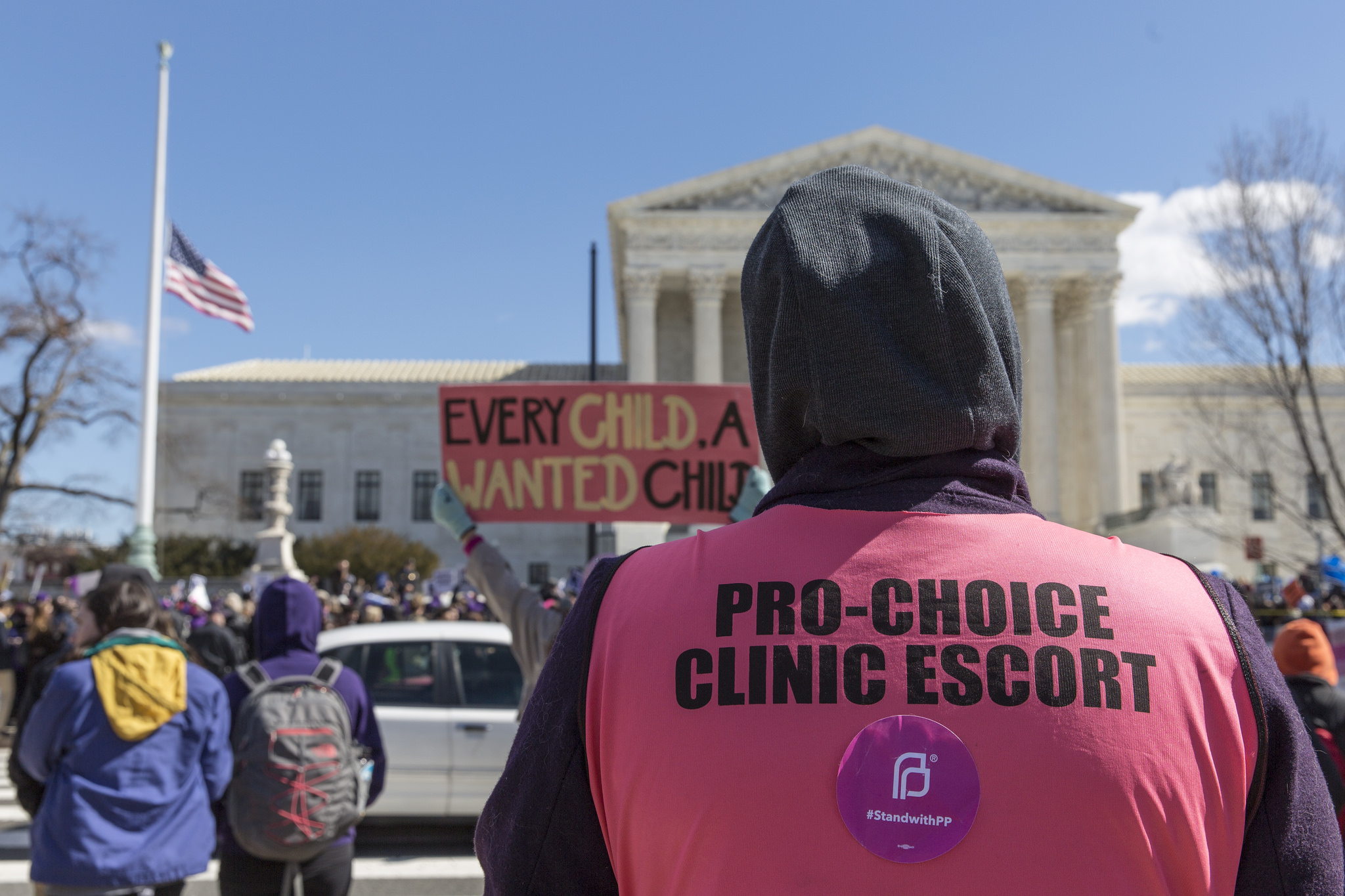Extremist judges will not stop endangering the lives of pregnant people or people who may become pregnant—overturning Roe v. Wade, attacking medication abortion, threatening the future of IVF, and this week at SCOTUS, emergency abortion care.
Our lawyers are waging strategic fights that make clear what is at stake for people who can become pregnant and seek to bolster our fundamental rights to control our lives, futures, and destinies.


 In an important win for women last week, Minnesota Governor Mark Dayton vetoed two bills that would have seriously harmed Minnesotans’ ability to obtain an abortion. By vetoing these dangerous bills, he protected the rights, health, and economic security of women in Minnesota.
In an important win for women last week, Minnesota Governor Mark Dayton vetoed two bills that would have seriously harmed Minnesotans’ ability to obtain an abortion. By vetoing these dangerous bills, he protected the rights, health, and economic security of women in Minnesota.


